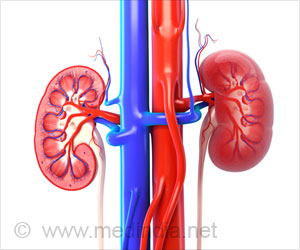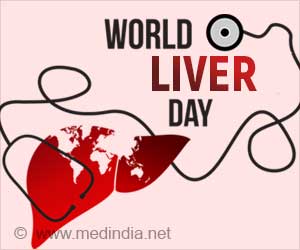Highlights
- Kidney diseases significantly increase the associated morbidity and mortality rates.
- Most cases of cardiovascular-related diseases and deaths were related to kidney diseases.
- It is important to understand the true health impact of kidney disease on society, in order to prevent cardiovascular as well as end-stage renal disease deaths and disability.
For the study, Bernadette Thomas MD, MS (University of Washington), along with dozens of international collaborators, estimated the prevalence of reduced kidney function categories (CKD stages 3, 4, and 5) for 188 countries at 6 time points from 1990 to 2013, to understand the impact of chronic kidney disease (CKD) on cardiovascular health.
The results showed that in 2013, reduced kidney function was associated with 4% of deaths worldwide, or 2.2 million deaths.
More than half (1.2 million) of these attributable deaths were cardiovascular deaths, while 0.96 million were deaths from kidney failure.
In both developed and developing countries, reduced kidney function ranked below high systolic blood pressure, high body mass index, high fasting blood sugar and high total cholesterol as a risk factor for the number of years lost due to ill-health, disability, or early death.
The study appears in the Journal of the American Society of Nephrology (JASN).
- Bernadette Thomas et al. Global Cardiovascular and Renal Outcomes of Reduced GFR. Journal of the American Society of Nephrology (JASN); (2017) doi: 10.1681/ASN.2016050562
Source-Medindia
















